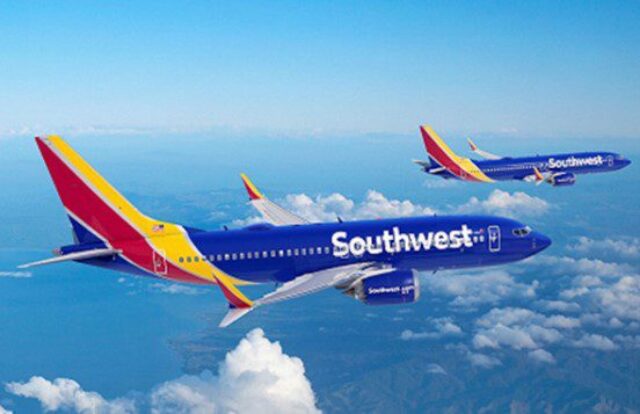Boeing starts furloughing staff amidst ongoing strike

Boeing is to start initiating what it terms “temporary furloughs over the upcoming days,” president and CEO Kelly Ortberg has explained to employees, with ongoing strikes necessitating “difficult steps to preserve cash and ensure that Boeing is able to successfully recover”.
In a letter send to all Boeing staff, Ortberg clarified that the business is facing “substantial challenges” with production “paused across many key programmes in the Pacific Northwest”. As such, temporary furloughs will “impact a large number of US-based executives, managers and employees,” with “selected employees to take one week of furlough every four weeks on a rolling basis for the duration of the strike”.
Ortberg reiterated that this “tough decision that impacts everybody” would not inhibit the company’s ability to fully recover in the future, although nevertheless maintained that “activities critical to [its] safety, quality, customer support and key certification programmes” would be prioritised and continue.
For the duration of the strike (initiated by members of the International Association of Machinists District 751 in Washinton and W24 Machinists in Oregon last Friday), Boeing’s leadership team will also “take a commensurate pay reduction,” added Ortberg.
The strike began at midnight on September 12 after members voted by 94.6% to reject what Boeing termed a “historic contract offer,” which among other things, offered a 25% pay rise over the next four years. 96% voted in favour of striking.
Around 33,000 workers are involved in the ongoing action, described earlier this week by Boeing executive vice president and chief financial officer Brian West something that “jeopardizes [Boeing’s recovery in a significant way”. As such, a number of cost-cutting implications were outlined, including freezing pay rises, cuts to internal and external spending, and the cessation of “non-critical” travel.
















